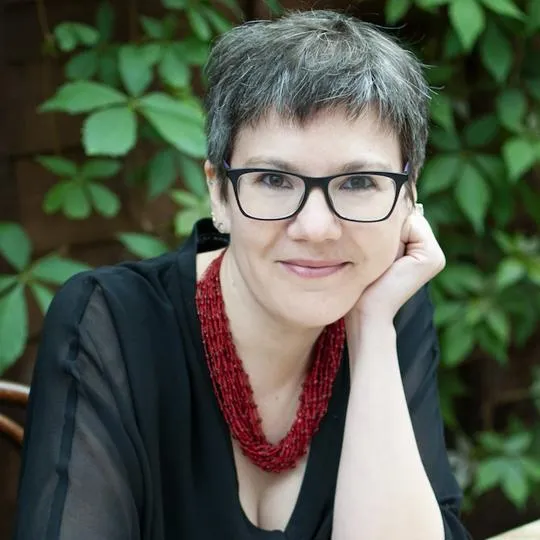22 October 2025
At the ESRC Centre for Society and Mental Health (CSMH), research is a collaboration shaped by diverse voices and real-world experiences. Central to this ethos is the Lived Experience Advisory Board (LEAB), a pioneering group which has become a model for inclusive partnership working.
The LEAB (Lived Experience Advisory Board) is made up of individuals with direct or indirect experiences of disabling barriers, neurodivergence, mental distress, trauma, mental illness, and caring for those navigating mental health challenges. Their collective expertise stretches beyond traditional academic knowledge, expanding what it means to ‘hold’ or ‘produce’ knowledge within and beyond academia.
Rather than merely consulting on projects, the LEAB operates as a dynamic partner. They co-create research agendas, help set the Centre’s strategic priorities and code of conduct, and collaborate on impactful initiatives. Their approach represents a shift from consultation to true partnership. This ensures that research outputs are shaped by the lived realities of those most affected.
One of the LEAB’s notable achievements is the co-development of the open-access Research Methods Toolkit, created in collaboration with Centre Co-Director Professor Hanna Kienzler. This comprehensive resource covers research design, ethics, qualitative and quantitative methods, data analysis, and knowledge dissemination. More than 42,000 users worldwide have accessed the toolkit in the past year, highlighting its global relevance and value to lived experience communities eager to acquire research skills and contribute their own insights.
Beyond toolkit development, the LEAB’s influence extends into policy. The group collectively submitted evidence to the Joint Parliamentary Committee on the Draft Mental Health Bill, a submission that was referenced multiple times in the Committee’s Report. This demonstrates how experience-based knowledge from people with lived experience can shape mental health legislation and policy.
Responding creatively to the current cost-of-living crisis, the LEAB collaborated with artist Dolly Sen to produce the striking ‘DWP “Fit to Work” Dolls’. These artworks draw on Centre research and lived experience to critique harmful welfare policies, making the invisible consequences of welfare reform visible and accessible. The dolls are central to an upcoming social and digital campaign aimed at raising awareness and empowering individuals to advocate for change using their lived experiences.
The LEAB has also co-authored a forthcoming position paper in Social Psychiatry and Psychiatric Epidemiology that articulates the value of lived experience knowledge within research centres. This paper outlines the multifaceted skills and strengths that people with lived experience bring to collaborations and provides a roadmap for organisations seeking to establish meaningful, equitable partnerships.
LEAB members regularly lecture to King’s undergraduates and present at conferences, challenging dominant biomedical narratives around mental illness and showcasing the transformative power of lived experience involvement. Healthcare professionals have reported that interactions with the LEAB have influenced their future practice, illustrating the practical benefits of this partnership model.
What sets the LEAB apart is its commitment to relational, inclusive working. The group prioritises listening, learning through action, and the willingness to ‘unlearn’ traditional power dynamics. This approach has fostered a research culture at CSMH that is attentive to barriers faced by people with lived experience and committed to dismantling them.
As one LEAB member aptly describes their role, they are “the sand that polishes the pearl”—a metaphor for their critical, sometimes challenging, but ultimately invaluable contribution to the Centre’s work. Their involvement has not only enhanced research quality and impact but has also transformed the Centre into a space where lived experience is recognised as a vital and equal source of knowledge.
The LEAB’s work exemplifies the future of mental health research. One that is inclusive, socially engaged, and deeply responsive to the complexities of lived experience. Their ongoing efforts continue to inspire researchers, policymakers, and communities, ensuring that mental health research at King’s College London remains impactful and grounded in real-world understanding.

